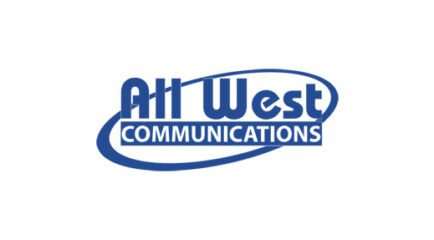What is Bandwidth?
Bandwidth refers to the capacity of an internet connection to transmit data. Understanding the difference between shared and dedicated bandwidth is essential for anyone looking to optimize their personal or business connectivity and performance.
Shared Bandwidth
Shared bandwidth means multiple users or businesses share the same internet connection. Most residential and small business plans operate on shared bandwidth, where speeds are advertised as "up to" a certain amount. During peak usage times, performance may slow as more users tap into the same network. However, during non-peak hours, speeds tend to improve due to lower demand.
Pros:
- More affordable compared to dedicated bandwidth
- Sufficient for businesses with light internet usage
- Works well for standard browsing, emails, and occasional video calls
Cons:
- Slower speeds during peak hours
- Less reliability for bandwidth-heavy applications
- Increased latency and potential buffering for video or VoIP services
Dedicated Bandwidth
Dedicated bandwidth provides a private internet connection exclusive to a single business or location. This ensures consistent speeds and higher reliability, making it ideal for companies with demanding network needs.
Since the bandwidth is not shared with other users, performance remains stable regardless of the time of day. Dedicated business internet solutions can provide a stronger, more stable connection for businesses that need more consistent and reliable internet, especially during high-traffic periods.
Pros:
- Guaranteed, consistent speeds
- Reduced latency for VoIP, video conferencing, and cloud applications
- Enhanced network security and reliability
Cons:
- Higher cost compared to shared bandwidth
- Typically requires a more extensive setup process
Choose the Right Bandwidth for Your Business
Consider Your Internet Usage
- Light usage: If your business only uses a few internet-connected devices for emails, browsing, and occasional video calls, shared bandwidth may be sufficient.
- Heavy usage: If your business frequently uploads large files, streams video, or operates multiple cloud-based applications, dedicated bandwidth is a better option.
High Usage: Shared or Dedicated?
Dedicated bandwidth ensures consistently high performance for businesses with heavier internet demands, providing more stability and reliability for connected devices, video uploads, and cloud-based operations.
Offering Wi-Fi to Customers?
A combination of shared and dedicated bandwidth may be ideal. A dedicated connection can be reserved for internal business operations, while customers and visitors use a separate shared bandwidth connection to prevent congestion.
Network Security Needs
Both shared and dedicated bandwidth offer network security, but dedicated connections provide superior security due to their private nature, making them a better choice for businesses handling sensitive data.
Productivity and Performance Considerations
If maintaining high productivity is critical, dedicated bandwidth ensures a stable and fast connection, reducing downtime and preventing revenue loss caused by slow internet speeds.
Using VoIP or Video Conferencing
Shared networks can experience latency and jitter, negatively affecting call quality. A dedicated connection guarantees clear voice and video communication, making it ideal for businesses relying on VoIP and video conferencing.
Conclusion
The choice between shared and dedicated bandwidth depends on your specific needs. Shared bandwidth is a cost-effective option for light internet users, while dedicated bandwidth provides superior performance for businesses with higher connectivity demands.
Whatever your personal or business needs, All West Communications has a solution for you. Contact us to discuss the best internet options for your business. We’re happy to help!





